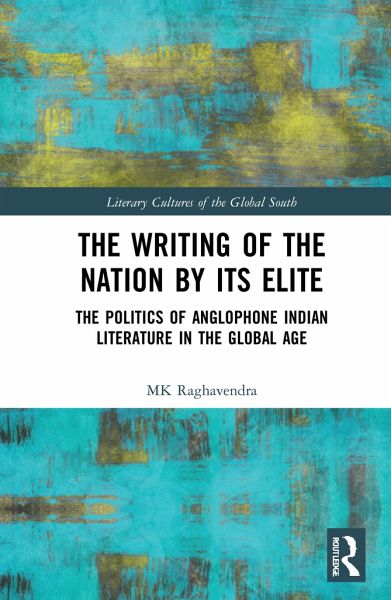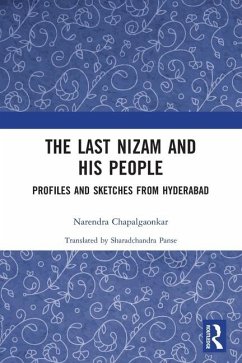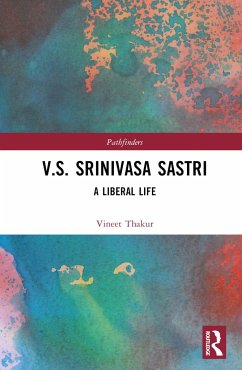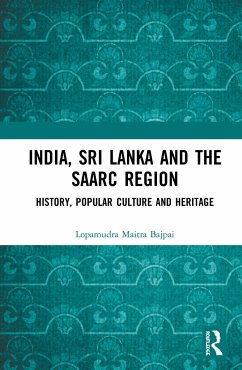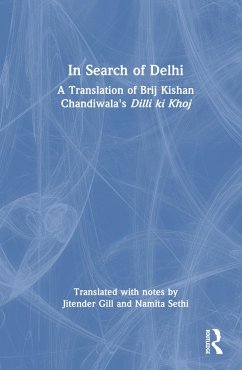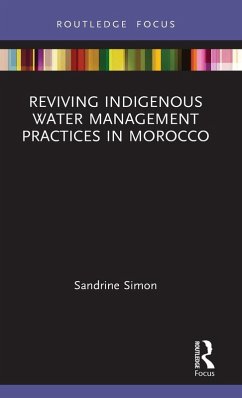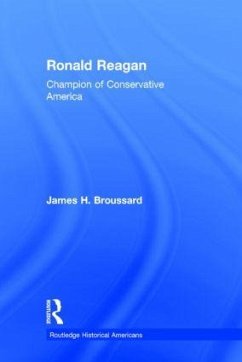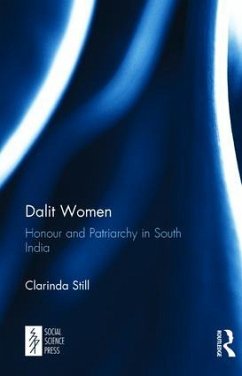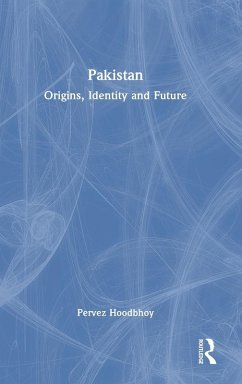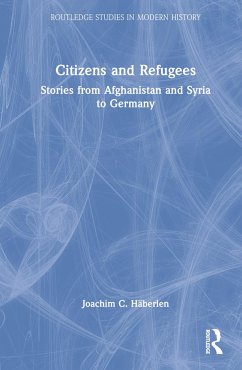MK Raghavendra is a writer on culture, literature, and politics, specializing in film, particularly its political side. After getting a master's degree in science and working in the financial sector for over two decades, he has become a full-time writer. He won the National Award, the Swarna Kamal for Best Film Critic in 1997, and received a Homi Bhabha Fellowship in 2000. He has authored several volumes of academic scholarship from international publishers - Seduced by the Familiar: Narration and Meaning in Indian Popular Cinema; Bipolar Identity: Region, Nation and the Kannada Language Film; The Politics of Hindi Cinema in the New Millennium: Bollywood and the Anglophone Indian Nation; and Locating World Cinema: Interpretations of Film as Culture. His recent publications also include Philosophical Issues in Indian Cinema: Approximate Terms and Concepts (Routledge, 2020) and a book on politics, The Hindu Nation: A Reconciliation with Modernity (2021). He has also published four volumes of popular film criticism. His writing has been anthologized internationally, and he has written journalistic pieces on a variety of political and cultural issues for The Hindu, The Indian Express, Hindustan Times, Times of India, Firstpost, and Deccan Herald. He has contributed essays to national-level journals and periodicals including Economic and Political Weekly, Caravan, Frontline, The Book Review, and Biblio: A Review of Books. He is Founder-Editor of Phalanx, an online journal dedicated to debate.
